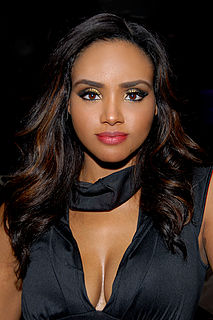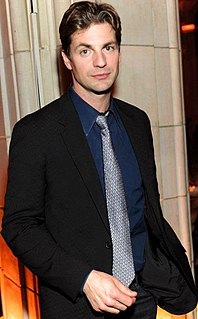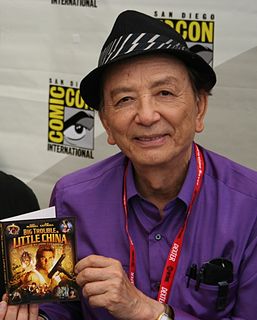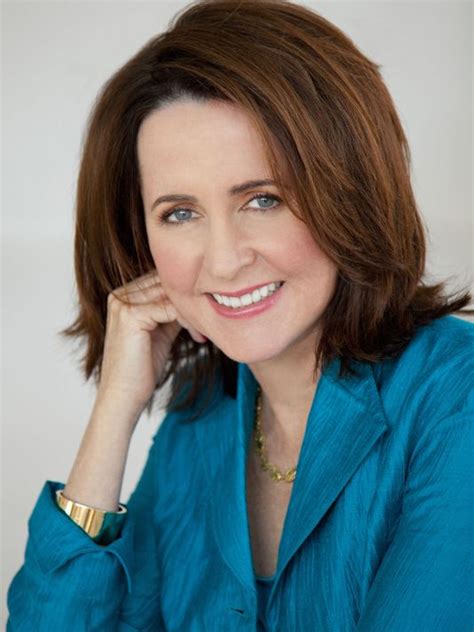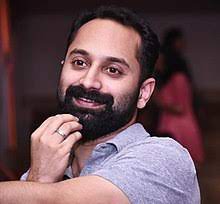A Quote by Morgan Saylor
I know it sounds silly, but in auditions for film or TV, the words aren't as important - you need to get into the character and have the gist of the scene. But in theater, if you don't do it word for word, then you throw off your scene partner.
Related Quotes
Even one word, or certainly one sentence, should be able to describe the basic characteristic that the scene has, or the character has, or the story has. And then you begin to detail that one spine, and you have offshoots from that spine, and it becomes more and more complex, but all of it stems from that one-word, one-line theme, which can give the character, the scene, or the play its uniqueness.
I don't think that any scene [in Pineapple Express] is word for word how you'd find it in the script. Some of it was much more loose than others. The last scene with me, Danny [McBride] and James [Franko] in the diner - there was never even a script for that scene. Usually we write something, but for that scene we literally wrote nothing.
You are preparing yourself for a scene, and the most important thing is to remain emotionally available and remain in the moment with your scene partner. You don't want to let your own self-consciousness block the flow of creativity that's coming out so that you can act and react, and play what the scene is all about.
Film and television are very different. On the TV show, we do seven or eight scenes a day, so time and money are of the essence, and we have zero room for creativity because you've got to do each scene in only five takes. Whereas, on a film, you have an entire day to film one scene, so you have so much time to choose how you want to fill in a scene.
My editor and I remain very disciplined. It's just sometimes when you're making a film, you get into the cutting room and you see a scene that's slowing you down in a certain section, but if you remove that scene then, emotionally or story-wise, another scene a half-hour later won't have the same impact. You just get stuck with it.
When I'm creating a character, it's a little bit like what my theater teachers used to tell me about Stanislavsky, like if you're using sense memory to do a scene - if you have to cry in a scene, you try to remember something in your life that made you cry and you use that in order to get the tears.
Here's a funny question:What is your favorite word?Think about it—maybe it's a word that makes you absolutely happy, or a word that sounds gloriously beautiful, or a word that evokes awe and wonder. Maybe you are reminded of a great time when you hear it, or maybe it represents your life's dream.So, what is it? What is your favorite word of all words?Thought about it yet?Good.And now, think why.
The acting background helped a lot when I started writing. I was training for it. In acting class they teach you about the stakes in a scene (and) what motivates characters. When you bring a scene to class - as an actor with your scene partner - you have to do everything. There's no producer, set decorator or anything like that. You and you partner have to do everything and that's kind of like facing the blank page as a writer.


